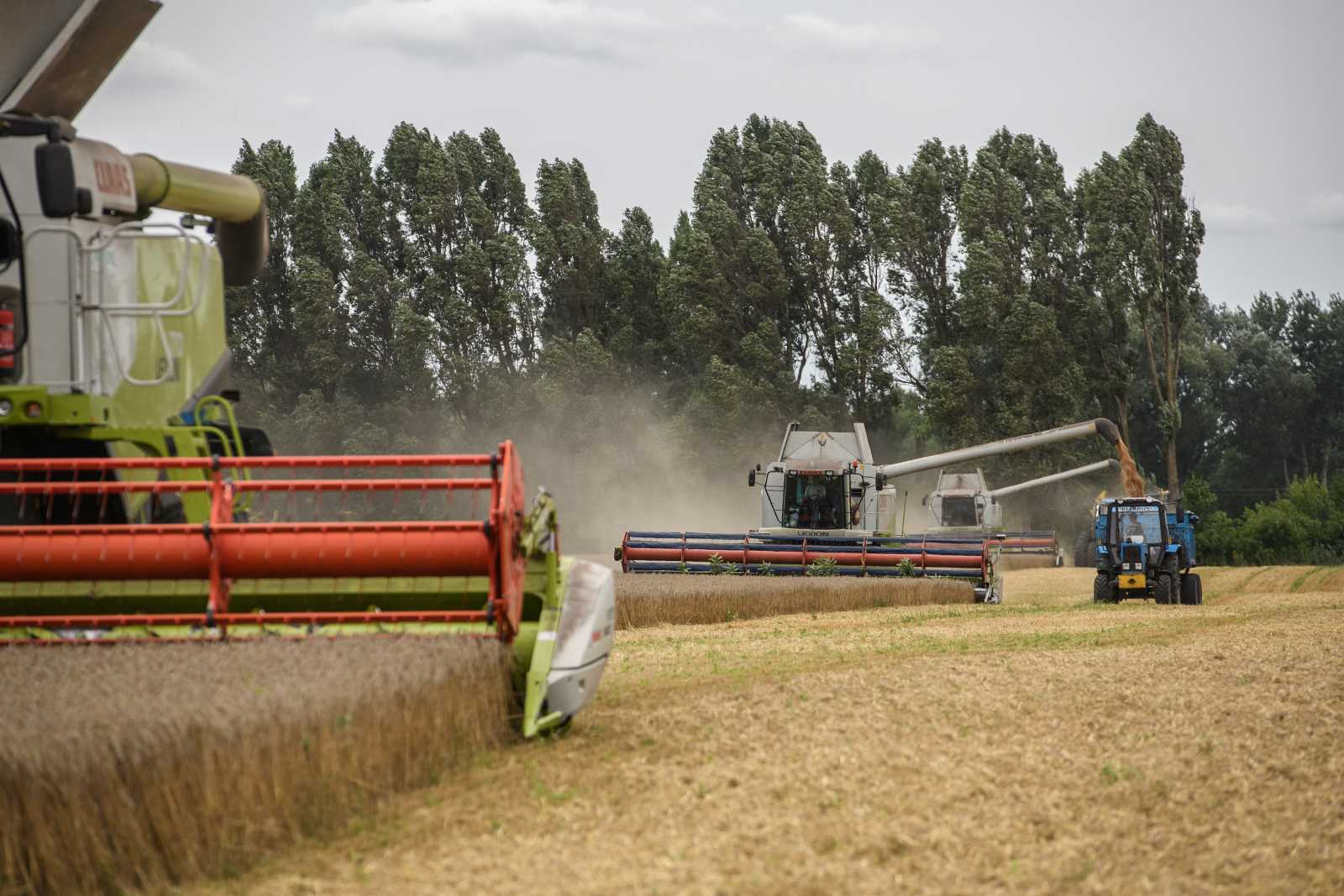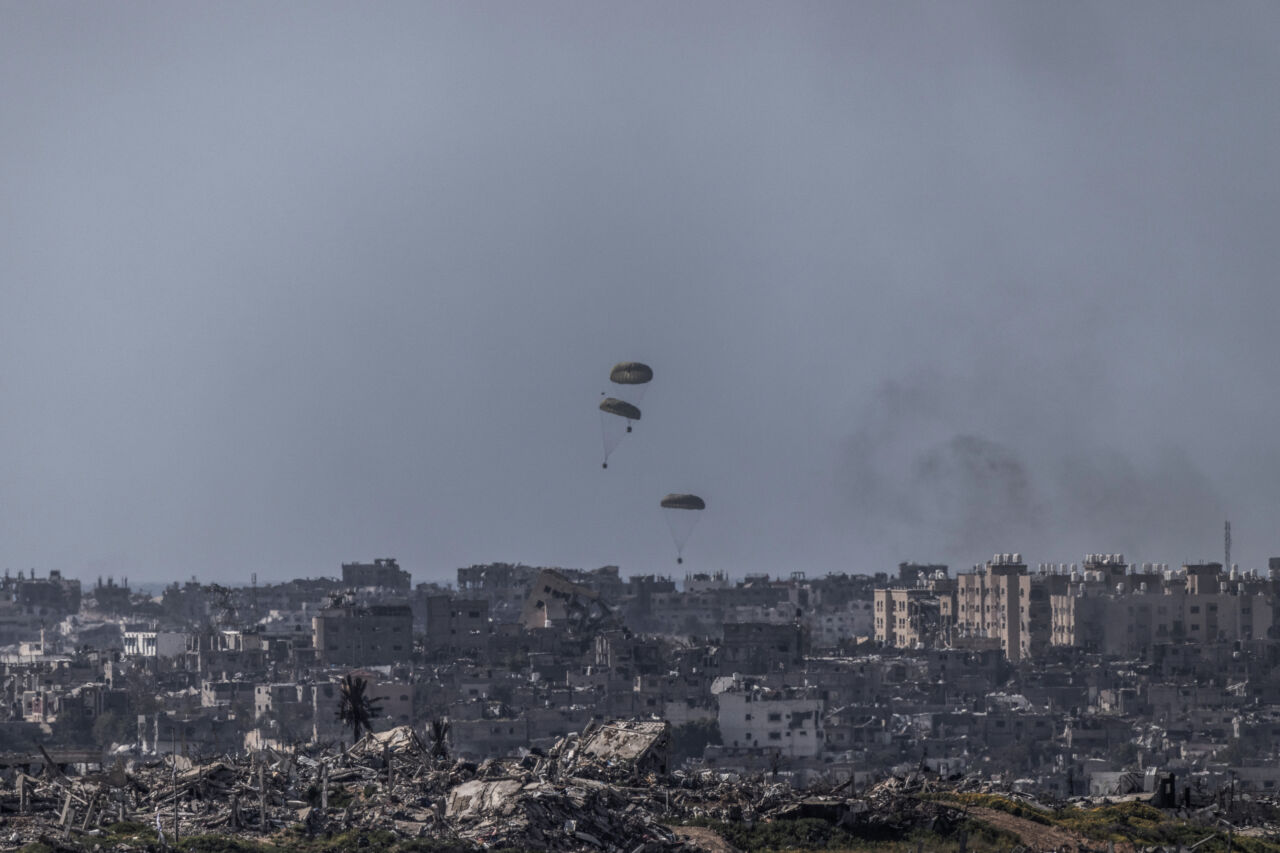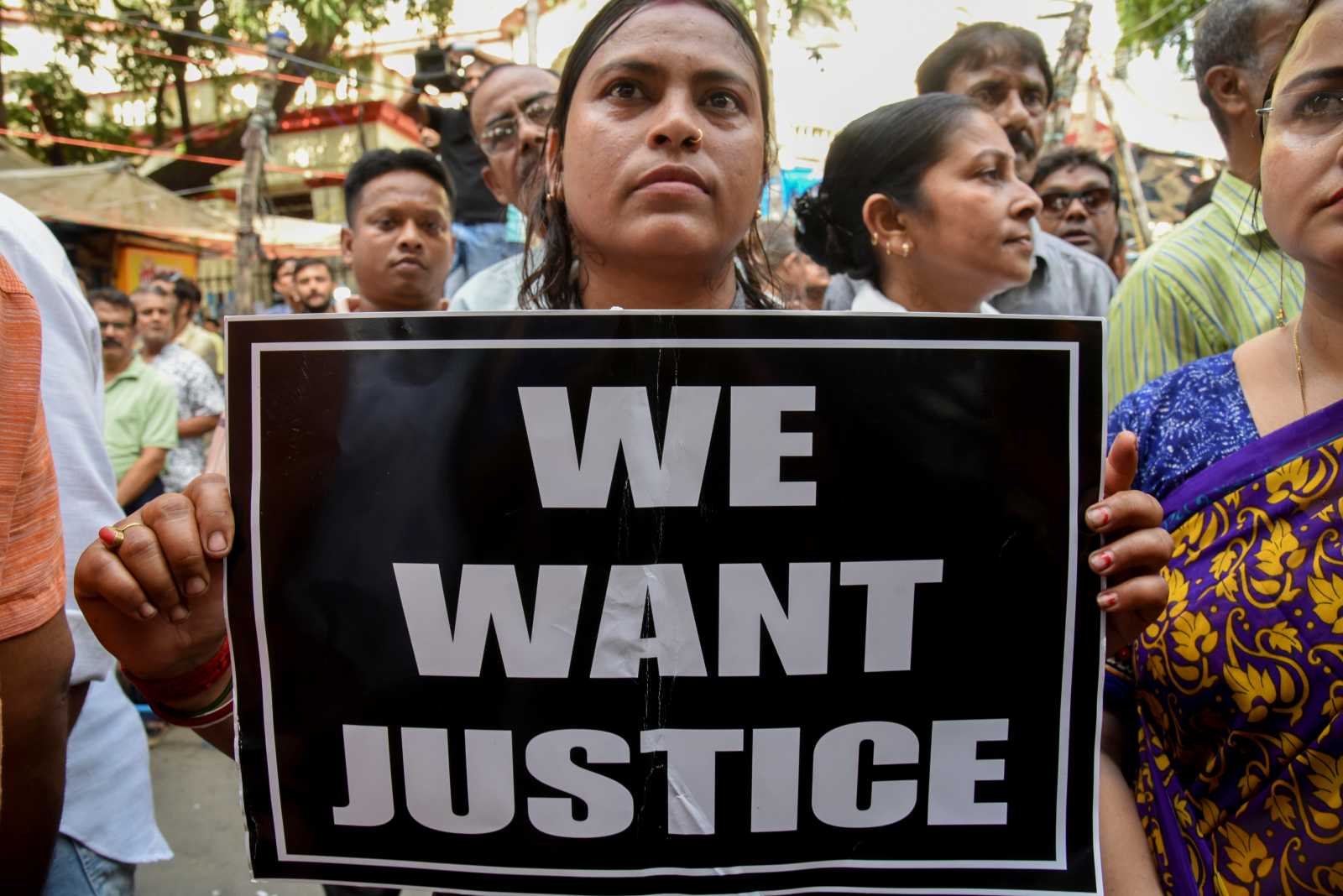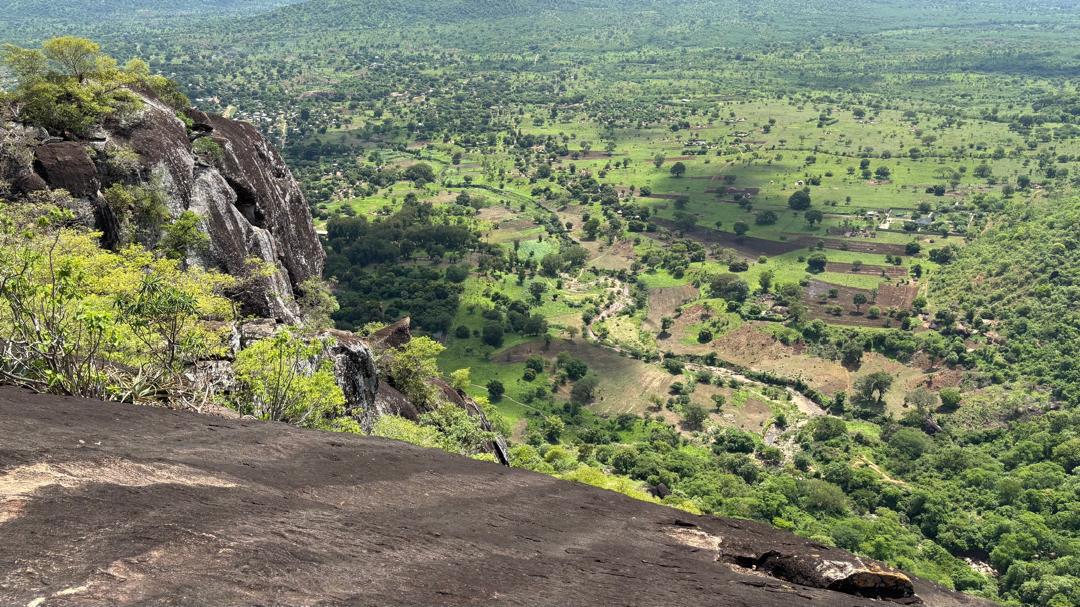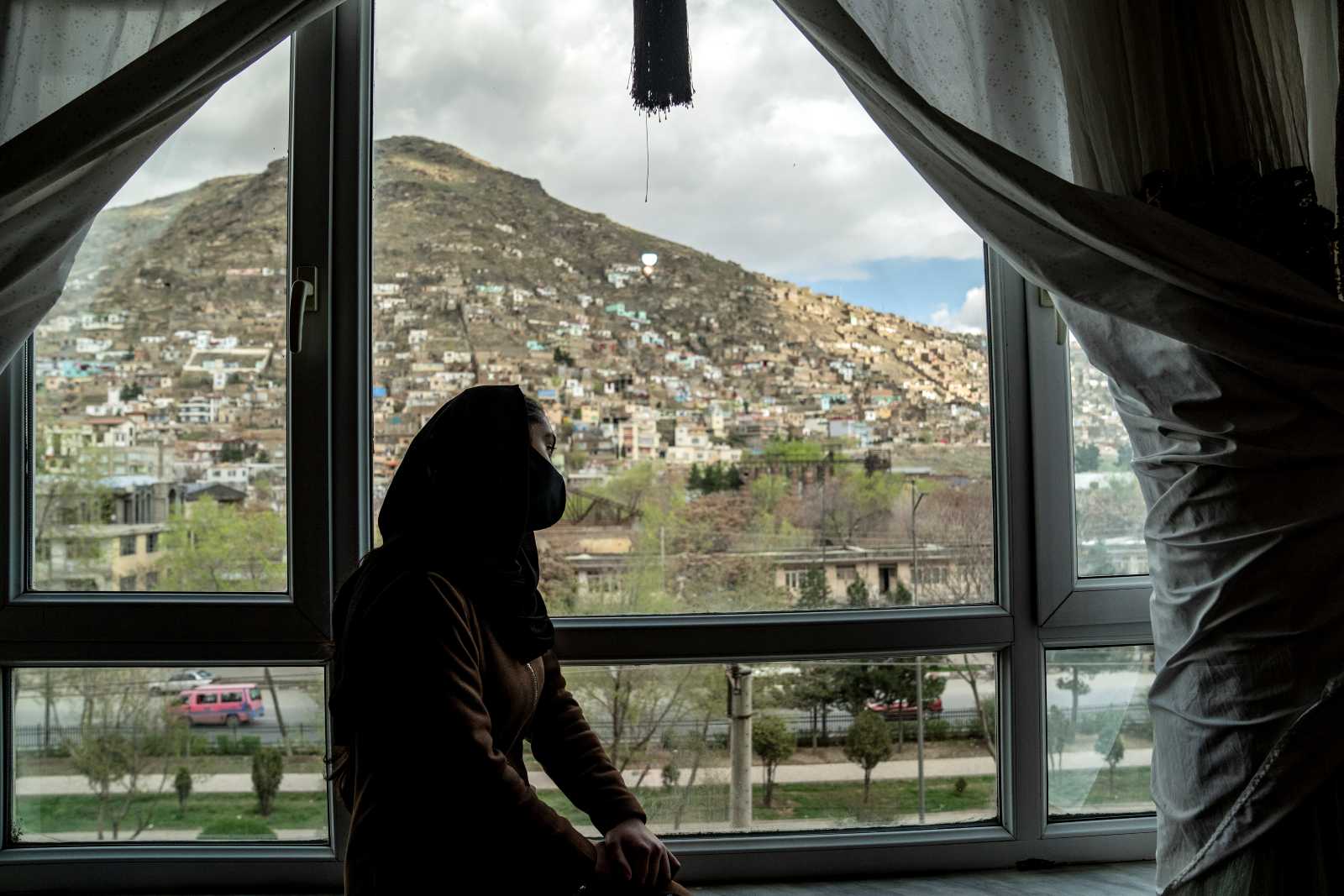Young people’s attitudes
How young people in the MENA region see their future
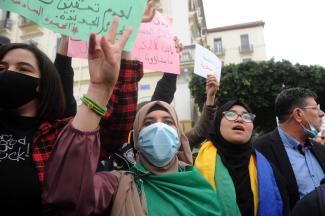
In the MENA region, young people’s hopes for a happy future with self-determined lives have declined in recent years. That is the conclusion of a book with the fitting title “The dispossessed generation”. According to the authors, the hopes expressed both during the revolutions of 2010/11 and the protests of 2018/2019 did not come true. Instead, young people have been exposed to Covid-19, political and military conflict as well as economic crises.
The researchers interviewed youngsters in countries from Morocco to Iraq in 2021 and 2022. About 12,000 persons of the age group 16 to 30 took part. They answered questions regarding their personal situation, their values, their social activities and their prospects. It was a follow-up study; the original survey was done in 2016.
The data show that most young people now consider their families’ economic situation to be worse than they did in 2016. One third said they were unemployed. At the same time, formal educational achievements had improved. This disparity led to feelings of helplessness and fear of downward mobility.
According to the report, their family remains crucially important to most surveyed persons, with 71 % still living in their parents’ home. Independent living is often unaffordable. Young families in households of their own, moreover, are stated to be especially exposed to economic crises. Nonetheless, young women increasingly prioritise their professional career over a promising marriage.
Long-term impacts of the pandemic
The Covid-19 pandemic has had serious impacts. Young people speak of fear, frustration, depression and loneliness. On the upside, many appreciate that society rose to the challenges in a spirit of solidarity.
The data nonetheless show that social disparities and social needs increased during the pandemic. According to 70 % of the surveyed, the greatest change in their lives in the past five years was worse food scarcity – ahead of unemployment, increasing violence and climate change.
The authors note that the share of interviewees who consider migration has increased, and they read this trend as a symptom of desperation. However, only a small number of respondents reported to be determined to leave their home country. In the lack of financial and other resources, many wouldn’t be able to migrate anyway. This form of imposed immobility, however, is seen as deprivation of opportunities.
Little interest in politics
According to the researchers, young Arabs’ attitude to the state is ambivalent. On the one hand, they would appreciate more support from their government, with 70 % saying it should play a greater role in their lives. On the other hand, distrust is strong and interest in politics weak. Politicians have a reputation of corruption and narrowminded partisanship.
Many authoritarian governments limit the space for civic participation. Nonetheless, the survey data show that 78 % of the young people are actively supporting social-welfare causes, mostly in private settings rather than institutional ones, however. The researchers interpret this kind of engagement as an indication of young people still believing they can have an impact on the world around them.
Prospects of young people have obviously worsened since 2021. Striking examples are the humanitarian crises in Sudan or Gaza. The authors are in favour of boosting the evident resilience of the young generation by any means available. By diligently taking stock of complex social realities their study makes a valid contribution to ensuring that young people are not deprived of opportunities.
Reference
Gertel, J., Kreuer, D., Stolleis, F., 2024: Die enteignete Generation. Jugend im Nahen Osten und Nordafrika. (“The dispossessed generation: youth in the Middle East and North Africa” – in German only.) Bonn, Dietz.
Konstantin Auwärter wrote this review during an internship at D+C/E+Z while studying international relations and communications at Erfurt University.
euz.editor@dandc.eu


